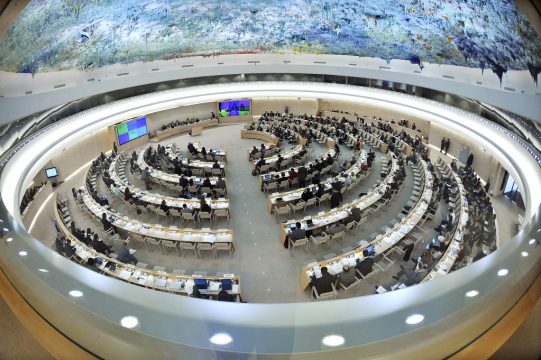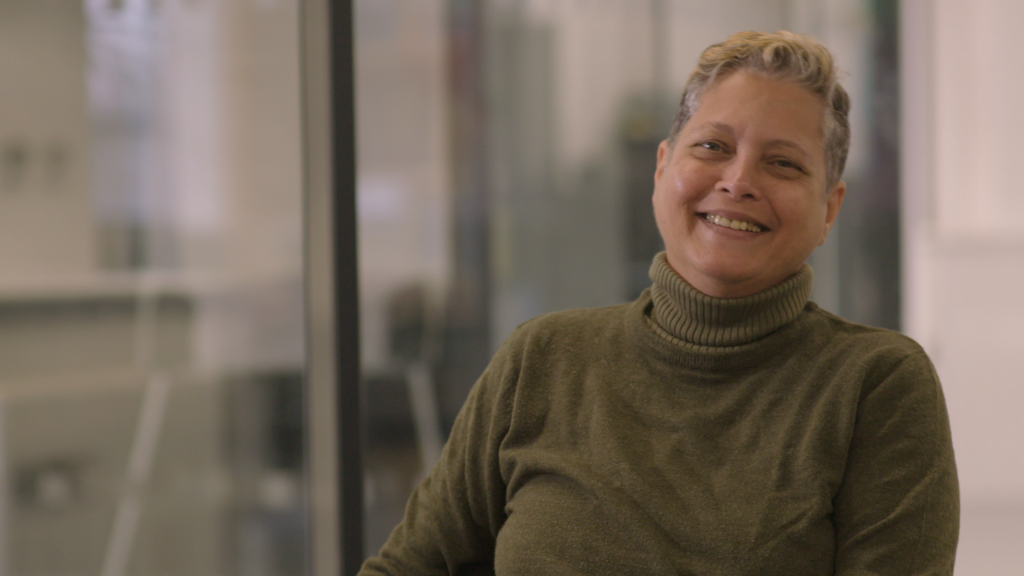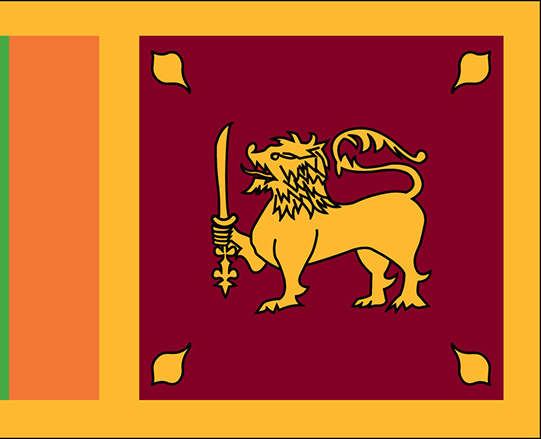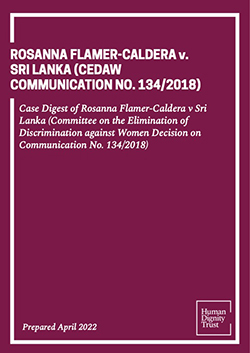In 2021, in a landmark decision, the UN Committee on the Elimination of Discrimination against Women (CEDAW) found that the criminalisation of consensual, same-sex intimacy between women is a key rights treaty.
The decision in a case brought by Rosanna Flamer-Caldera, Executive Director of EQUAL GROUND, the main LGBT organisation in Sri Lanka, with the support of the Human Dignity Trust, set a major legal precedent, holding that the criminalisation of lesbian, trans and bisexual women violates the UN Convention on the Elimination of All Forms of Discrimination against Women.
The CEDAW Committee said that the Sri Lankan authorities have subjected Ms Flamer-Caldera to gender-based discrimination and violence, and had not taken any legal or other measures to respect and protect her right to a life free from gender-based violence, or to eliminate the prejudices to which she has been exposed as a woman, lesbian and activist. It also found that the authorities have breached her right to access to justice, since the criminal law constrains her ability to complain of abuses.
The Committee urged Sri Lanka to decriminalise same-sex sexual activity. It also requested that the State take immediate and effective action to stop the threats, harassment and abuse, which Ms Flamer-Caldera has been subjected to and ensure that she and EQUAL GROUND can carry out their activism safely and freely. Additionally, the Committee pressed Sri Lanka to pursue criminal processes to hold those responsible for her abuse to account.
‘I am over the moon to hear of this decision,’ said Ms Flamer-Caldera. ‘The Sri Lankan government has ratified the Convention, and this is therefore further pressure on them to repeal these discriminatory laws and free us from the stigma and violence caused by criminalisation.’
Watch Rosanna, our Chief Executive Téa Braun, Steve Letsike of Access Chapter 2 in South Africa and Azeenarh Mohammed, an LGBT rights activist from Nigeria talk about why this precedent setting decision is so important.




